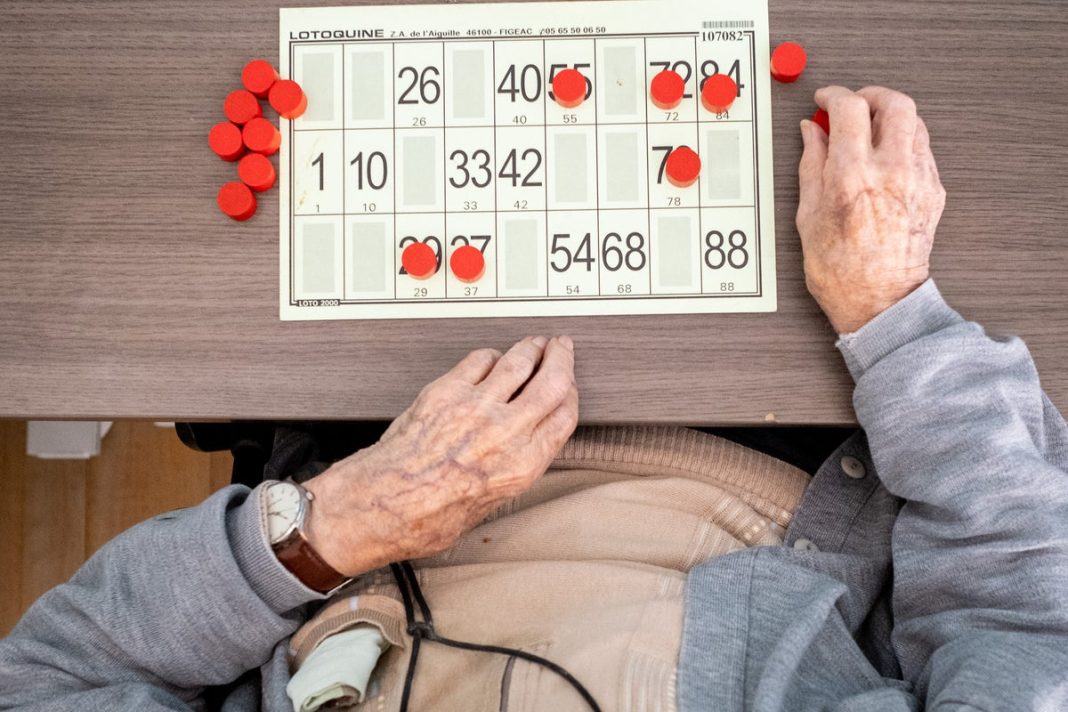Key Takeaways
- Breakdown of protective brain nets causes Alzheimer’s patients to forget loved ones
- Study identifies perineuronal nets as crucial for preserving social memories
- MMP inhibitor drugs show promise in protecting these brain structures in mice
A groundbreaking study reveals why Alzheimer’s patients struggle to recognize family and friends – the breakdown of protective nets surrounding brain neurons. This discovery opens new treatment possibilities for the 55 million people worldwide affected by the disease.
Researchers at the University of Virginia found that perineuronal nets, mesh-like structures around nerve cells, play a critical role in preserving social memories. When these nets deteriorate, patients lose the ability to remember even their closest relationships.
Protecting Social Memories
The research team discovered that mice with damaged perineuronal nets lost their “social memory” – the ability to recognize other mice – while still forming new memories about objects in their environment. This mirrors the experience of human Alzheimer’s patients who forget loved ones but retain other cognitive functions.
“Finding a structural change that explains a specific memory loss in Alzheimer’s is very exciting,” said study author Harald Sontheimer. “It is a completely new target, and we already have suitable drug candidates in hand.”
Potential Treatment Approach
Scientists used MMP inhibitor drugs, already under investigation for cancer and arthritis, to protect the brain nets in mice. When these structures were preserved early in life, Alzheimer’s-affected rodents maintained better social memory.
Lata Chaunsali, another study author, explained: “In Alzheimer’s, people have trouble remembering their family and friends due to the loss of a memory known as social memory. We found that the net-like coating known as perineuronal nets protects these social memories.”
Next Steps for Human Treatment
Since the brain changes in mice align with those in human Alzheimer’s patients, researchers believe targeting protective nets could offer similar benefits in people. However, Dr. Sontheimer cautioned: “Although we have drugs that can delay the loss of perineuronal nets, and thereby delay memory loss in disease, more research has to be done regarding safety and effectiveness of our approach before this can be considered in humans.”
The study, published in Alzheimer’s and Dementia, comes as global Alzheimer’s cases are projected to increase by 35% over the next five years, highlighting the urgent need for effective treatments.




